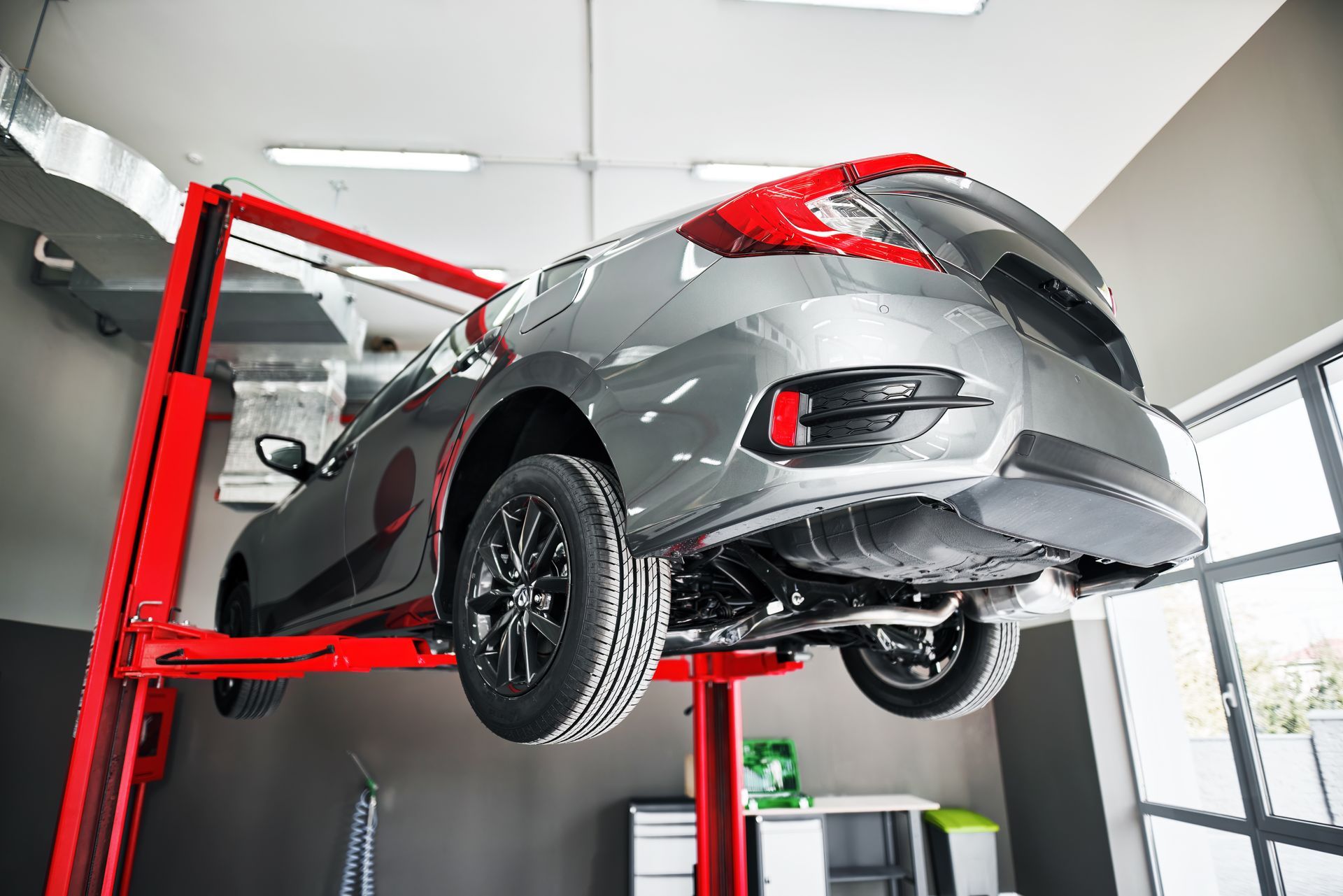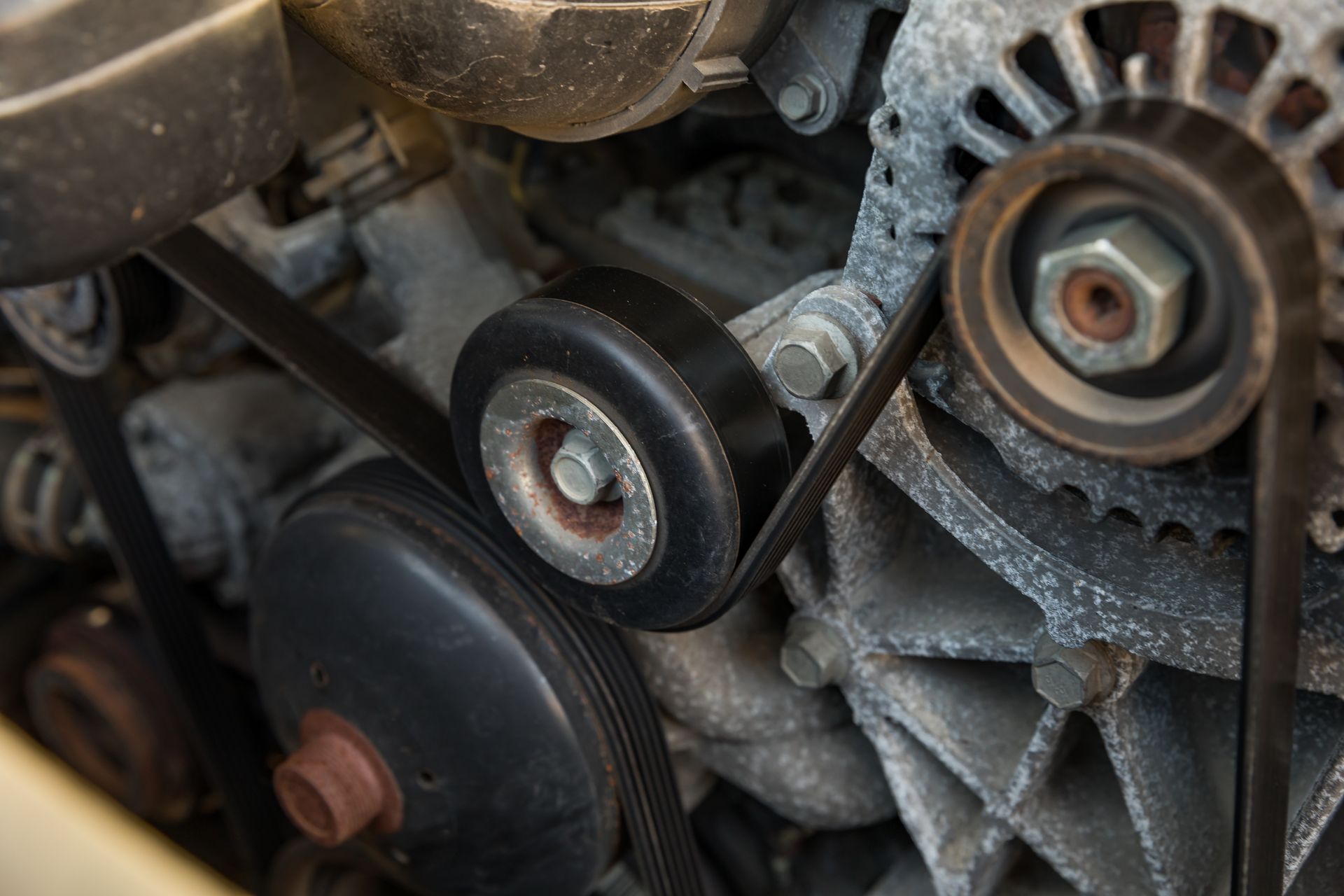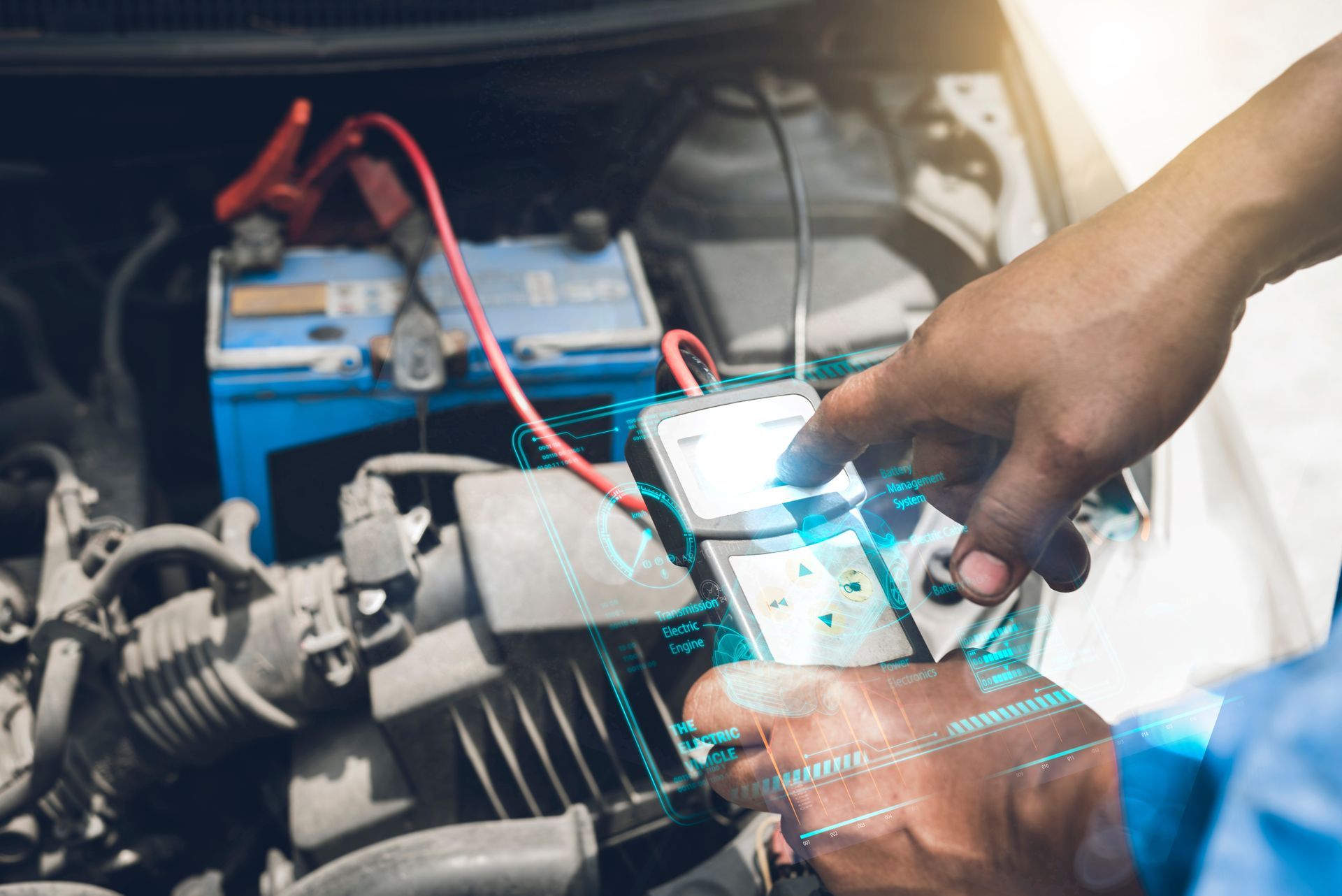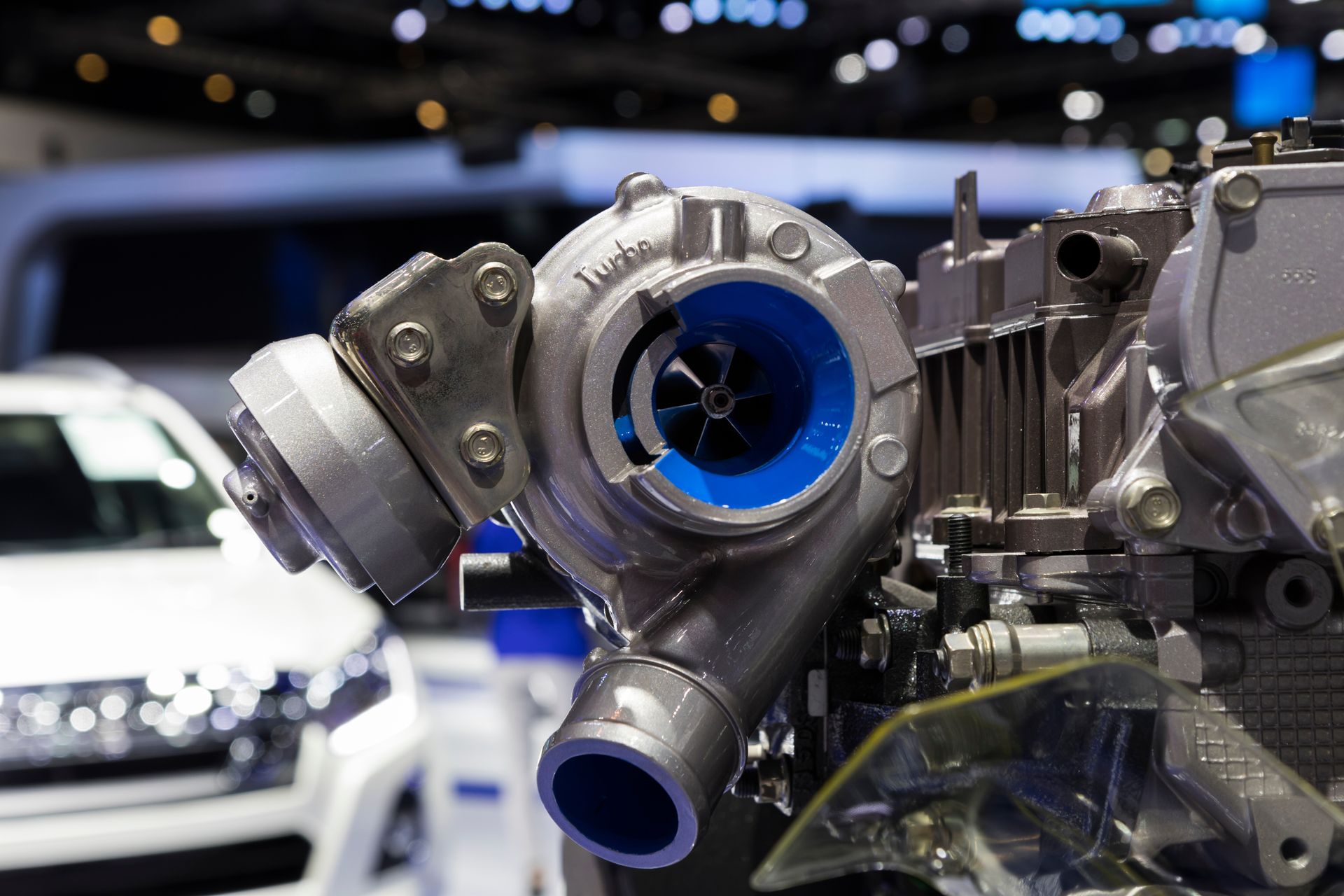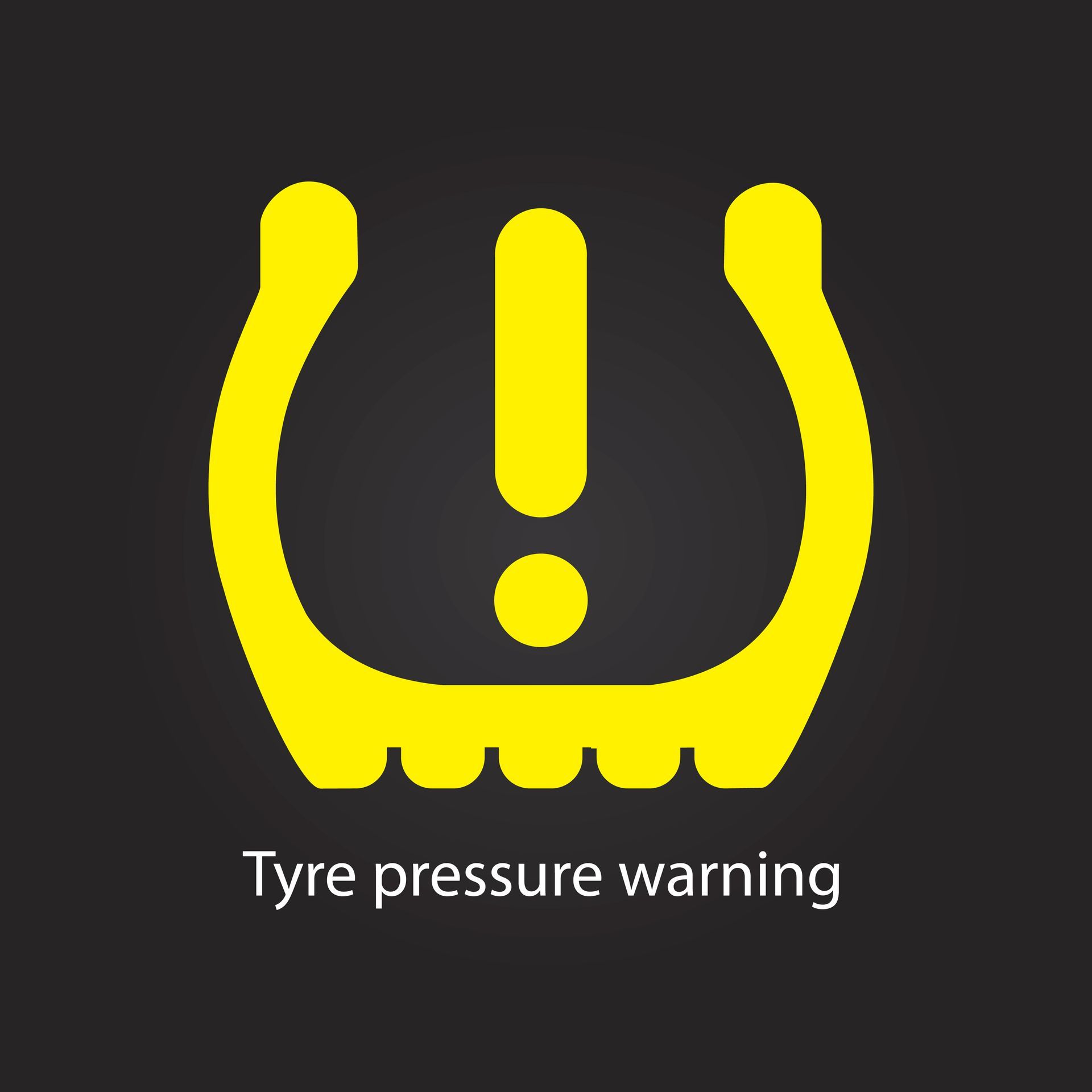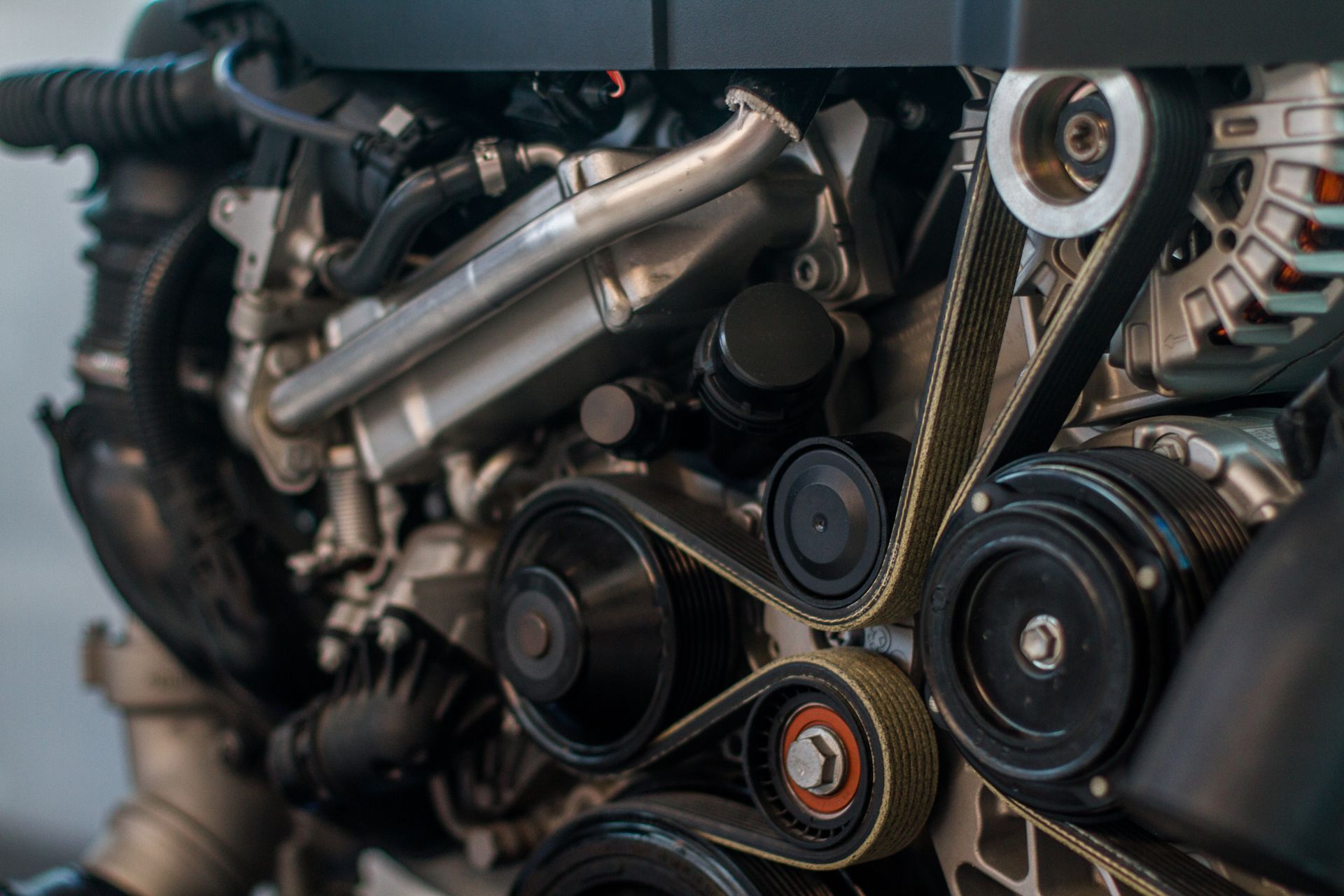Seeing your ABS (Anti-lock Braking System) light come on can be alarming, especially if you're not sure what it means. While your brakes may still appear to work normally at first, that glowing dashboard icon is a sign that part of your vehicle’s safety system is no longer functioning properly. Driving with the ABS light on can be more dangerous than many drivers realize—especially in poor road conditions.
What the ABS System Does
Your ABS is designed to prevent your wheels from locking up during hard braking. When a vehicle skids, the tires lose traction, and steering control is reduced. ABS uses sensors and a control module to monitor wheel speed and rapidly pulse the brakes, allowing the driver to maintain steering control while stopping.
The system is especially useful on wet, icy, or gravel roads where sudden braking can cause a loss of control. ABS doesn’t reduce stopping distance in every situation, but it does give you the ability to steer and avoid hazards while braking hard.
What the ABS Light Means
When the ABS warning light comes on, it indicates that the system has detected a malfunction. Common causes include a failed wheel speed sensor, damaged wiring, a bad ABS module, or low brake fluid levels. In some cases, debris or rust buildup can interfere with sensor readings.
While the regular braking system usually still works when the ABS light is on, the anti-lock feature is disabled. That means you’re more likely to skid and lose control if you brake suddenly or on a slippery surface.
How ABS Failure Affects Safety
The biggest risk when driving with the ABS light on is reduced braking stability. If your wheels lock up during a panic stop, you may not be able to steer around obstacles. On dry pavement, the difference may be minimal, but in rain or snow, it could mean the difference between a near miss and a collision.
Without ABS, your car reverts to a basic braking system. You’ll need to rely on pumping the brakes manually in slippery conditions—something many drivers are not trained to do correctly. This creates added risk in emergency situations, especially if you’re used to the added safety net that ABS provides.
Diagnosing and Fixing ABS Issues
The first step in resolving an ABS warning light is a diagnostic scan. Modern vehicles store error codes in the ABS control module, which help pinpoint the source of the problem. A technician will use a scan tool to retrieve these codes and begin inspecting the relevant parts.
Depending on the cause, the fix might be as simple as cleaning a wheel speed sensor or replacing a worn sensor wire. In other cases, a damaged ABS pump or control module might need replacement. Brake fluid levels and condition are also checked, as contaminated or low fluid can trigger warnings and affect braking performance.
You Should Never Ignore the Warning Light
Many drivers assume the ABS light isn’t urgent because the brakes still seem to work. But ignoring it can leave you vulnerable when you need your braking system most. Even worse, continued driving with a malfunctioning ABS can sometimes lead to additional warning lights or damage to related components.
It’s also worth noting that some vehicles may disable other safety features, like traction control or stability control, when ABS isn’t working properly. This increases the risk in slippery or emergency conditions, making prompt repair even more important.
DAS Auto Werks – ABS and Brake Safety Specialists in Tampa, FL
At DAS Auto Werks in Tampa, we take your safety seriously. If your ABS light is on, don’t take chances on the road. Our team uses advanced diagnostics to quickly identify the problem and restore your brake system’s full functionality. Whether it's a sensor issue or a deeper system fault, we’ll get your car back to safe driving condition.
Visit
DAS Auto Werks today for reliable brake and ABS service you can count on.

